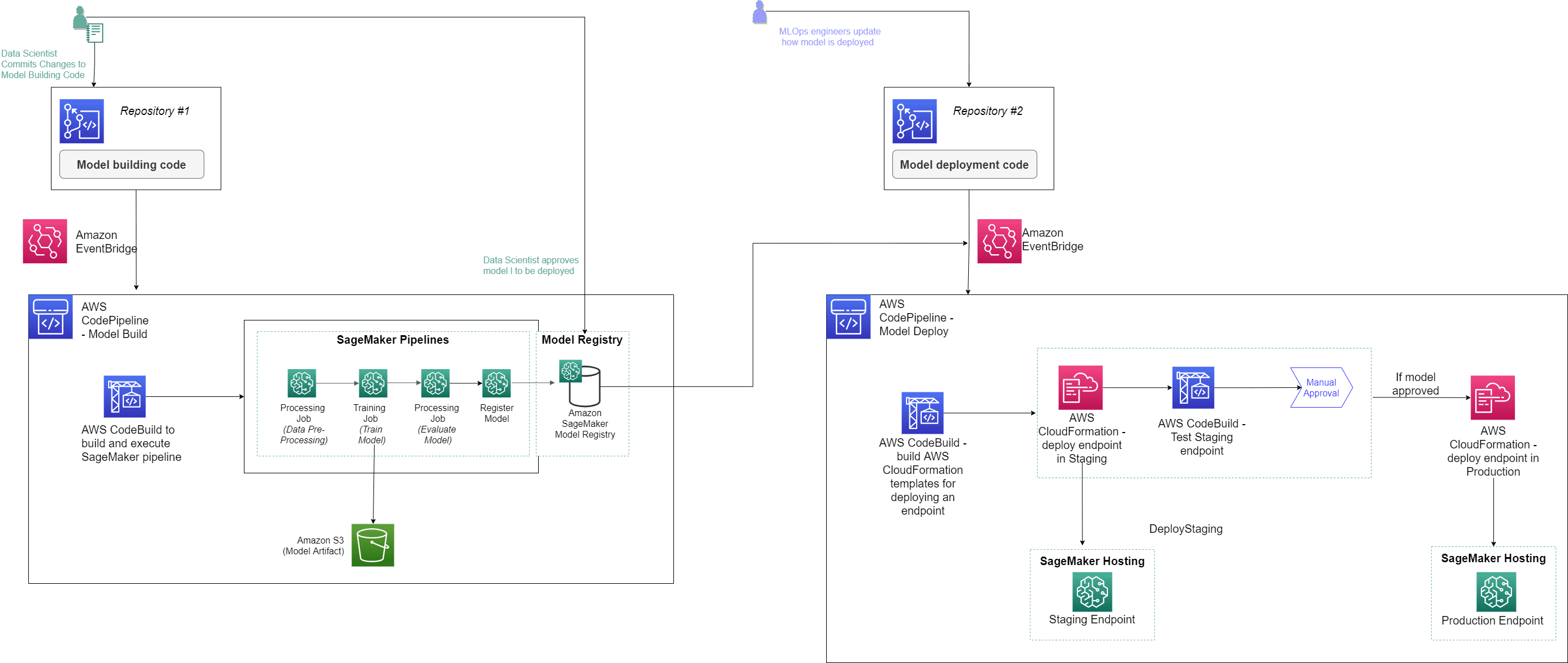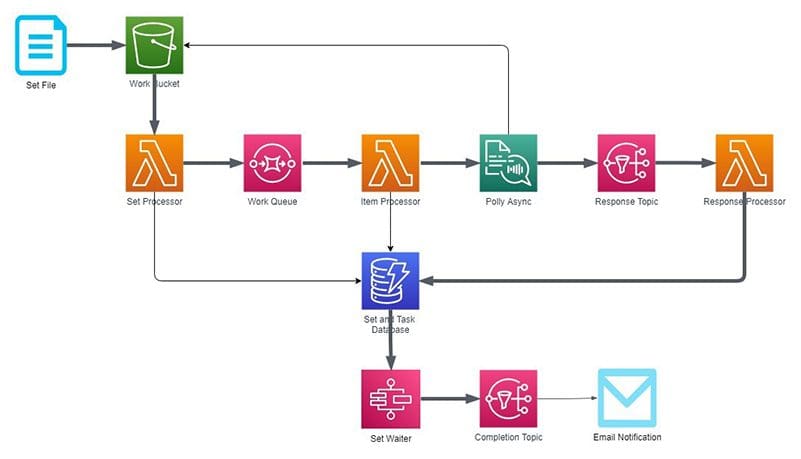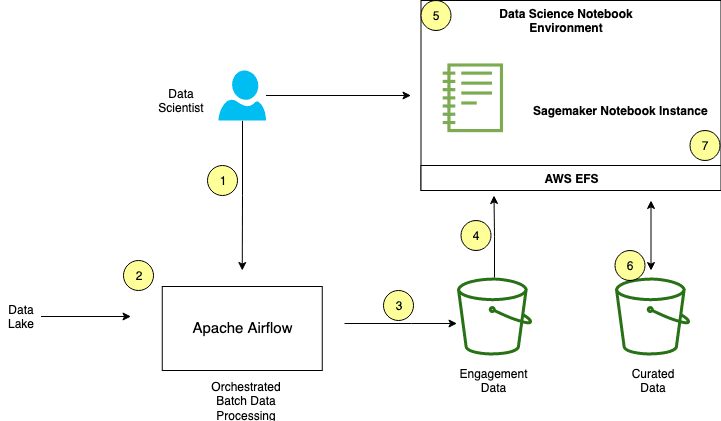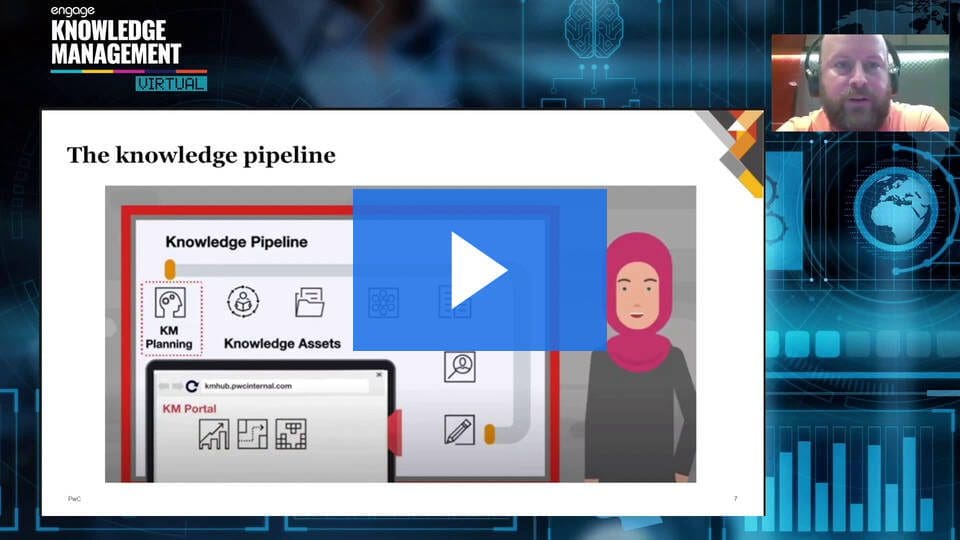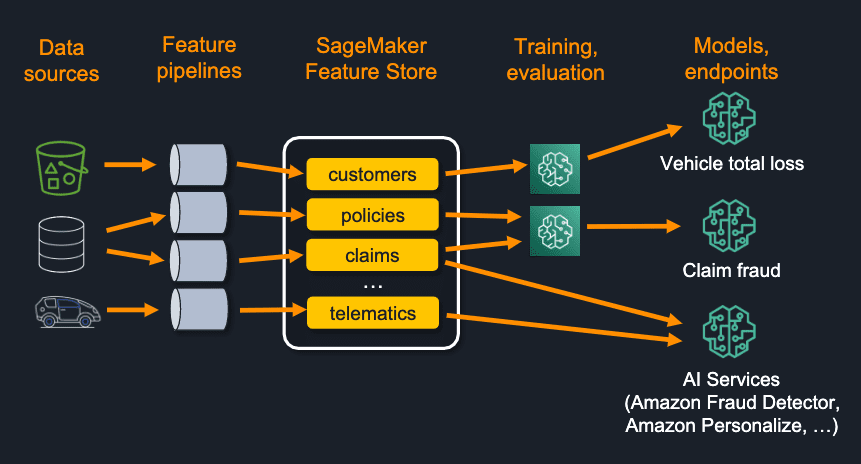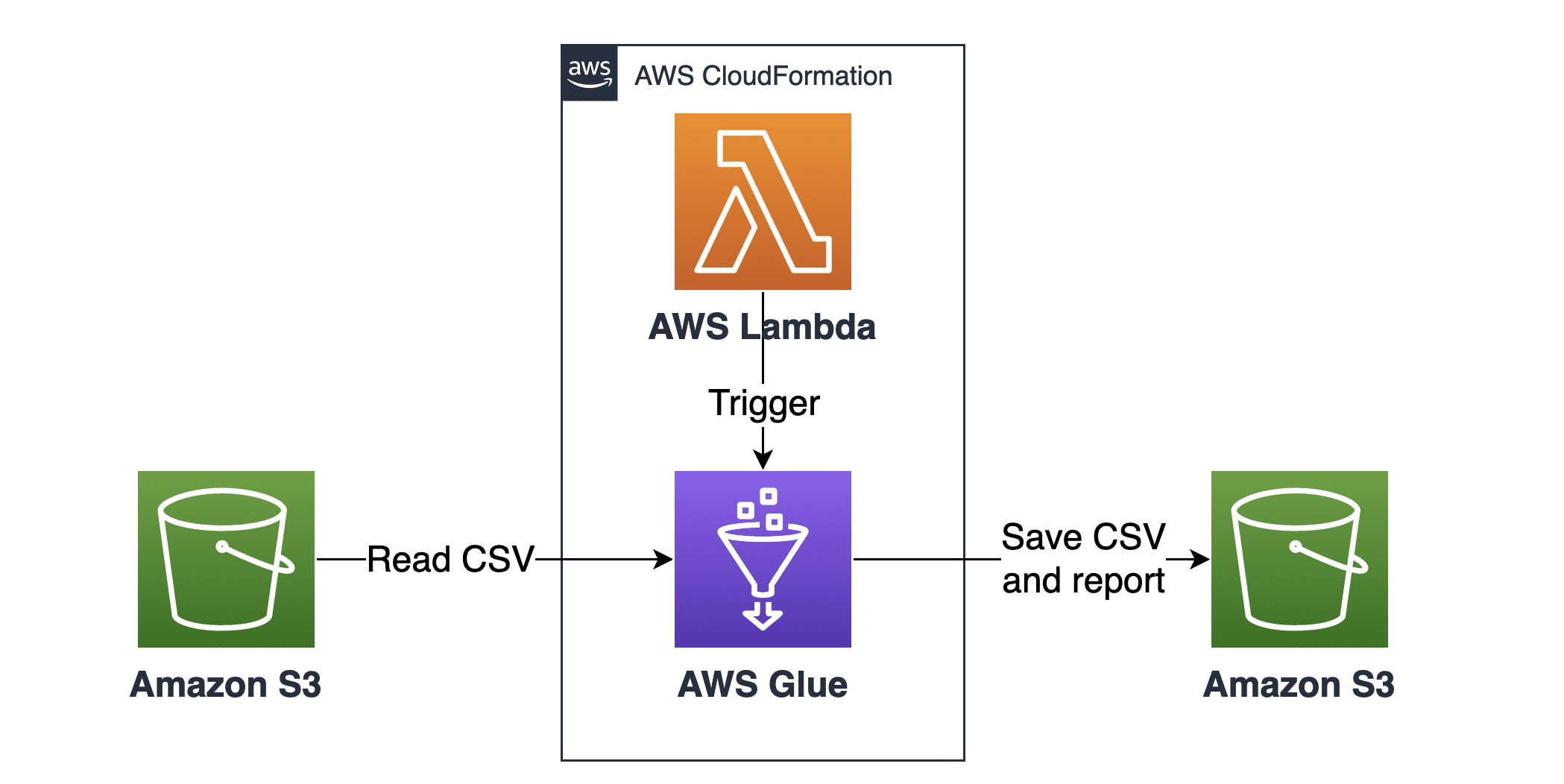Favorite This is a guest post written by Gergely Kadi, Senior Systems Engineer and Martin Petraschek-Stummer, Senior Data Engineer at TourRadar. TourRadar is a travel marketplace to connect people to life-enriching travel experiences. When it was launched, TourRadar only offered tours and content in English. As the company grew, we
Read More
 Shared by AWS Machine Learning October 29, 2021
Shared by AWS Machine Learning October 29, 2021
Favorite When I reflect on the past two decades of computer science research, few things inspire me more than the remarkable progress we’ve seen in the field of artificial intelligence. In 2001, some colleagues sitting just a few feet away from me at Google realized they could use an obscure
Read More
 Shared by Google AI Technology October 28, 2021
Shared by Google AI Technology October 28, 2021
Favorite SageMaker Projects give organizations the ability to easily setup and standardize developer environments for data scientists and CI/CD systems for MLOps Engineers. With SageMaker Projects, MLOps engineers or organization admins can define templates which bootstrap the ML Workflow with source version control, automated ML Pipelines, and a set of
Read More
 Shared by AWS Machine Learning October 28, 2021
Shared by AWS Machine Learning October 28, 2021
Favorite Amazon Polly is a service that turns text into natural-sounding speech, using dozens of voices in more than 30 languages. You can use it for all sorts of applications, ranging from talking animated avatars, to lifelike virtual agents that answer customer support requests, to automated newscasters reading stories aloud.
Read More
 Shared by AWS Machine Learning October 28, 2021
Shared by AWS Machine Learning October 28, 2021
Favorite Amazon SageMaker is a fully managed service that provides every machine learning (ML) developer and data scientist the ability to build, train, and deploy ML models at scale. Amazon SageMaker Studio is a web-based, integrated development environment (IDE) for ML. Amazon SageMaker Studio provides all the tools you need
Read More
 Shared by AWS Machine Learning October 28, 2021
Shared by AWS Machine Learning October 28, 2021
Favorite One of the main challenges in a machine learning (ML) project implementation is the variety and high number of development artifacts and tools used. This includes code in notebooks, modules for data processing and transformation, environment configuration, inference pipeline, and orchestration code. In production workloads, the ML model created
Read More
 Shared by AWS Machine Learning October 28, 2021
Shared by AWS Machine Learning October 28, 2021
Favorite This post was created in collaboration with Mohammed Alauddin, Data Engineering and Data Science Regional Manager, and Kamal Hossain, Lead Data Scientist at iProperty.com.my, now part of PropertyGuru Group. iProperty.com.my is the market-leading property portal in Malaysia and is now part of the PropertyGuru Group. iProperty.com.my offers a search
Read More
 Shared by AWS Machine Learning October 28, 2021
Shared by AWS Machine Learning October 28, 2021
Favorite Here is a link to a video of my ex-colleague Rupert Lescott talking at a virtual KM event about the application of KM to projects within PWC. Thanks Rupert for letting me share the link below (you will need to ckick the link rather than the picture. PWC Case
Read More
 Shared by Nick Milton October 27, 2021
Shared by Nick Milton October 27, 2021
Favorite Feature engineering is expensive and time-consuming, which may lead you to adopt a feature store for managing features across teams and models. Unfortunately, machine learning (ML) lineage solutions have yet to adapt to this new concept of feature management. To achieve the full benefits of a feature store by
Read More
 Shared by AWS Machine Learning October 27, 2021
Shared by AWS Machine Learning October 27, 2021
Favorite Amazon Fraud Detector is a fully managed service that makes it easy to identify potentially fraudulent online activities, such as the creation of fake accounts or online payment fraud. Amazon Fraud Detector uses machine learning (ML) under the hood and is based on over 20 years of fraud detection
Read More
 Shared by AWS Machine Learning October 27, 2021
Shared by AWS Machine Learning October 27, 2021
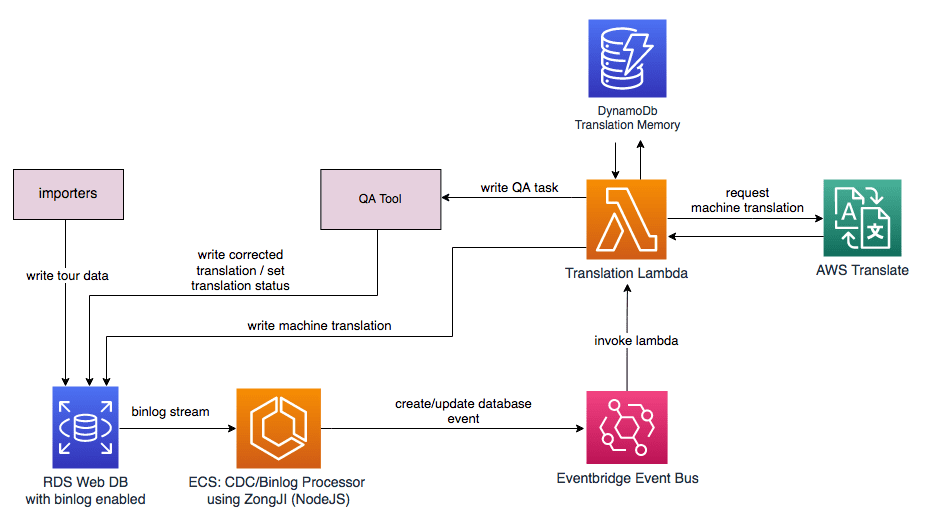
![]() Shared by AWS Machine Learning October 29, 2021
Shared by AWS Machine Learning October 29, 2021
